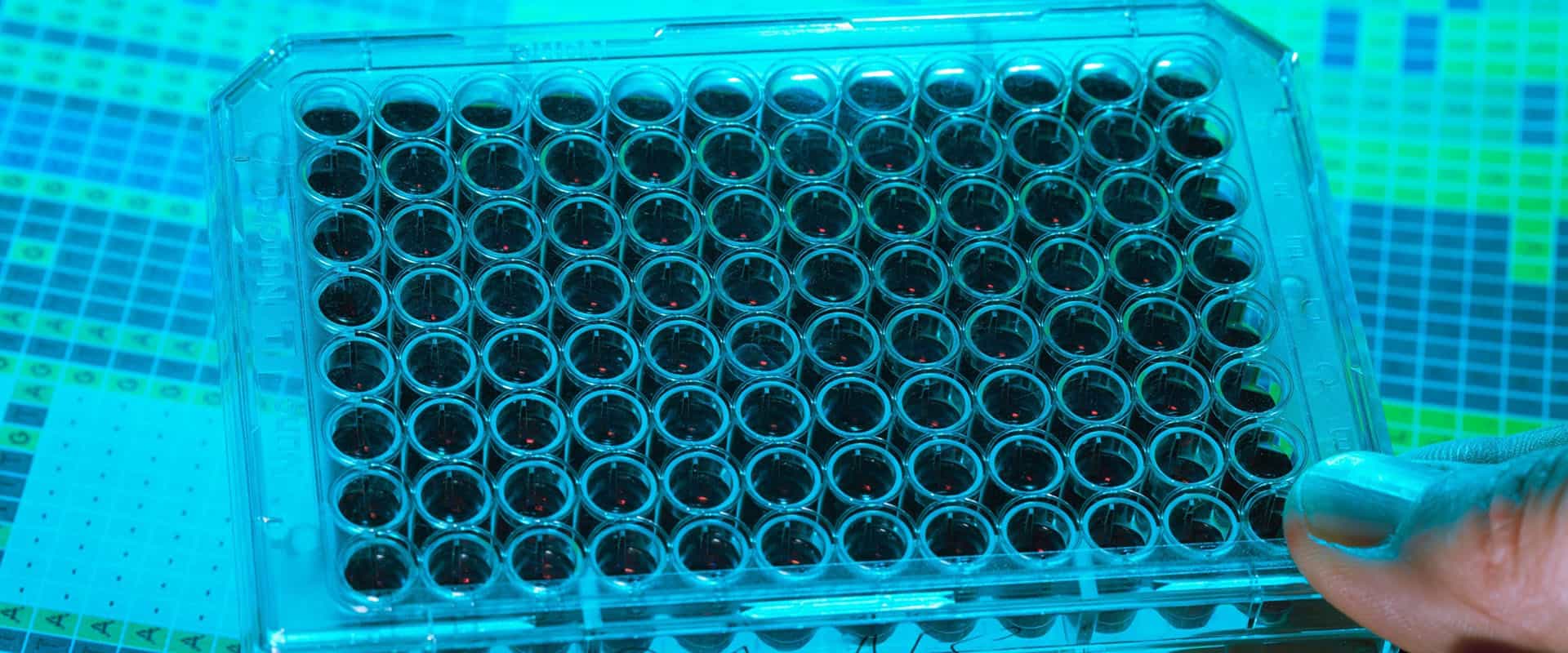Methapyrilene (MP) exposure of animals can result in an array of adverse pathological responses including hepatotoxicity.
Methapyrilene Toxicity: Anchorage of Pathologic Observations to Gene Expression Alterations
Toxicologic Pathology, 2002

The mission of HESI’s Emerging Systems Toxicology for the Assessment of Risk (eSTAR) Committee is to develop and deliver innovative systems toxicology approaches for risk assessment. The committee aims to catalyze adoption of new translational and predictive tools that guide decision-making based on mechanistic understanding of toxicological response.
This Working Group has compiled a broad membership of experts across sectors and chemical classes to write a recently accepted manuscript on the state of the science on the use and potential applications of transcriptomic PODs. Future work will include discussion of bioinformatic methods to derive transcriptomic PODs.
A manuscript was accepted describing the group’s strategy to create transcriptomic biomarkers for particular pathways leading to rat tumors. Current work is to derive and refine the biomarkers. There is also planned experimental work to see gene expression difference in wild type and knock out rats in response to reference compounds.
Designed and launched a multi-site experimental program on the use of exosomal miRNAs expressed in response to renal toxicants.
The HESI eSTAR committee is proud to announce that it was awarded a $250,000 USD grant (U01) as part of the USFDA’s Biomarker Qualification Program in June 2022. This funding will be partnered with Committee resources to support a four-site ring trial generating additional data on the TGx-DDI (TGx = toxicogenomics; DDI = DNA damage inducing) biomarker. The TgX-DDI biomarker is currently under review by the FDA as part of the FDA Biomarker Qualification program. Pending the results of this final study, the marker is anticipated to gain FDA approval for optional use as added weight of evidence in the assessment of genotoxicity. The marker has the potential to improve upon the low specificity of in vitro chromosome damage assays used in current testing and to aid drug development by providing mechanistic insights into transcriptional changes occurring in genes involved in key DNA damage pathways.
Learn more about the use of the TGx-DDI transcriptomic biomarker for the genotoxicity assessment of data-poor chemicals here (poster presented at the 2021 EMGS Virtual Annual Meeting by Anne-Marie Fortin, University of Ottawa).
A manuscript on DNA de-modification analysis of clinical tumor samples was accepted; the project will sunset after an educational webinar.
This newly formed group is planning a proof of concept study to see if Cell Painting data (with or without transcriptomic data) can be predictive of existing rat liver data.
This newly formed group is exploring the use of error corrected sequencing to detect clonal expansion of non-genotoxic carcinogens.
Toxicologic Pathology, 2002
Methapyrilene (MP) exposure of animals can result in an array of adverse pathological responses including hepatotoxicity.
2003
This book chapter was published in Toxicogenomics.
Environmental Health Perspectives, 2004
This study, designed and conducted as part of the International Life Sciences Institute working group on the Application of Genomics and Proteomics, examined the changes in the expression profile of genes associated with the administration of three different nephrotoxicants--cisplatin, gentamicin, and puromycin--to ...
Environmental Health Perspectives, 2004
Microarrays have the potential to significantly impact our ability to identify toxic hazards by the identification of mechanistically relevant markers of toxicity.
Environmental Health Perspectives, 2004
Consistency and coherence of gene expression data across multiple sites depends on several factors such as platform (oligo, cDNA, etc.), environmental conditions at each laboratory, and data quality.
Mutation Research/Fundamental and Molecular Mechanisms of Mutagenesis, 2004
Genotoxic stress triggers a variety of biological responses including the transcriptional activation of genes regulating DNA repair, cell survival and cell death.




US Environmental Protection Agency

GlaxoSmithKline

National Institute of Environmental Health Sciences
November 18, 2013
Washington, District of Columbia, USA
The HESI eSTAR Committee hosted a workshop on epigenetics and its potential implication for toxicology.
May 25, 2017 – May 26, 2017
Montreal, Canada
This is a 2-day workshop co-organized by the Health and Environmental Sciences Institute, Health Canada, and McGill University to address current and potential applications of genomics in cancer risk assessment.
February 11, 2021
Webinar, hosted by HESI and the American Association of Pharmaceutical Scientists (AAPS)
Noninvasive monitoring of nephrotoxicity is challenging. Kidney toxicity is currently monitored by plasma/serum markers, e.g., blood urea nitrogen, and serum creatinine, and urinary markers, such as urinary volume, specific gravity, or osmolality, protein, fractional electrolyte excretion, or sediment examination). ...
September 15, 2021 – September 25, 2021
Virtual annual meeting, hosted by the Environmental Mutagenesis and Genomics Society (EMGS)
The Botanical Safety Consortium (BSC), Genetic Toxicology Technical Committee (GTTC), and Emerging Systems Toxicology for the Assessment of Risk (eSTAR) Committee will present their work at the Environmental Mutagenesis and Genomics Society (EMGS) 2021 Virtual Annual Meeting on September 15-25, 2021.
February 17, 2022
eSTAR Committee, Virtual
The eSTAR Committee hosted a webinar on February 17th, 2022 entitled “Tox-GAN: An AI Approach Alternative to Animal Studies – a Case Study with Toxicogenomics” presented by Dr. Weida Tong from the US FDA’s National Center for Toxicology Research.
March 27, 2022 – March 31, 2022
San Diego, CA, USA
A number of HESI Scientific Committees will be presenting at the upcoming Society of Toxicology meeting, which will be held virtually and in person in San Diego, CA March 27-31, 2022.
hesi@hesiglobal.org
Phone: +1-202-659-8404
Fax: +1-202-659-3859
740 15th Street NW, Suite 600
Washington, DC 20005
Sign up for our monthly e-newsletter.